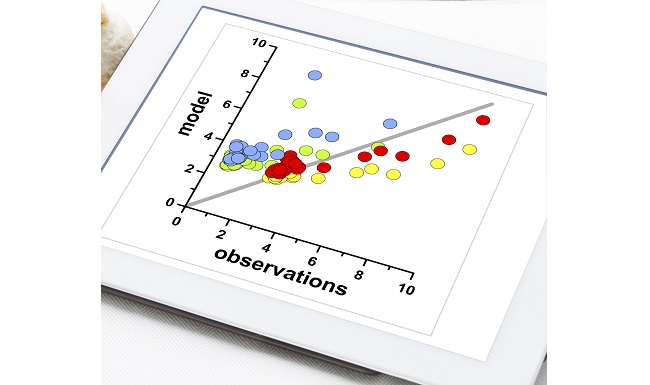
university of melbourne
Parasite’s Big Appetite Might Be Its Downfall
The enzyme TgFBP2 helps Toxoplasma gondii survive in many cell types but could also prove to be a useful drug target.
How Some Siblings Overcome Schizophrenia Risk
A brain imaging study has found that siblings of schizophrenic patients can overcome their genetic predisposition to the disease.
Tracking The Evolution Of The Next Potential Superbug
Scientists have mapped the genome of the highly diverse Klebsiella pneumoniae bacterium, a pathogen that could potentially be highly virulent and antibiotic-resistant.
Fast Evolving Flu Viruses Spread More Among Adults
Scientists have shown how both human behavior and virus biology affect which strains of influenza are in circulation.
Supercomputers Shed Light On Cellulose Synthesis
Aided by IMB supercomputers, researchers have performed quadrillions of calculations to model the synthesis of cellulose.
Two In Three Deaths Go Unreported
80 percent of the world's population does not have reliable cause of death statistics, but mobile technology improve the situation, scientists say.
Sparking New Ideas In Econometrics
More than 20 international experts discussed advancements in econometrics at the two-day “Frontiers in Econometrics” conference.
One Step Closer To A One-Time, Universal Influenza Vaccine
A robust, early CD8+ T-cell response is associated with a faster recovery from H7N9 influenza infections.
‘Waking Up’ Fetal Hemoglobin To Treat Blood Disorders
Researchers have demonstrated that gene editing can be used to re-introduce a fetal form of hemoglobin, thereby treating sickle cell anemia.












